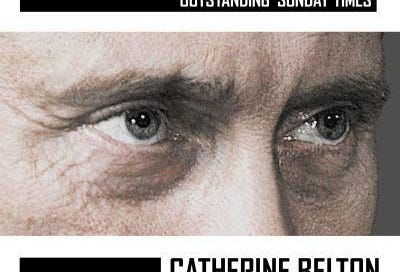A Few Things: Bretton Woods III, The Coming Disorder, The Past & Future of Russia, Whole Brain Living
April 9 2022
I am sharing this weekly email with you because I count you in the group of people I learn from and enjoy being around.
“The scariest moment is always just before you start.”
- Stephen King
“There will always be rocks in the road ahead of us. They will be stumbling blocks or stepping stones; It all depends on how you use them.”
- Friedrich Nietzsche
“The i…


